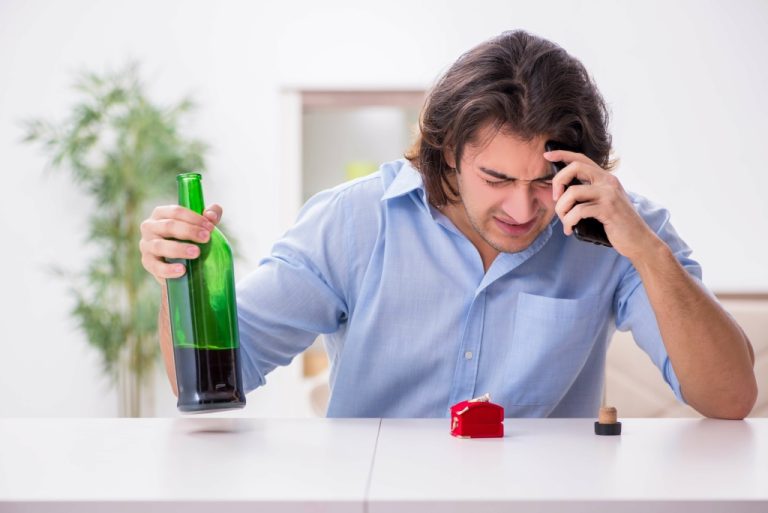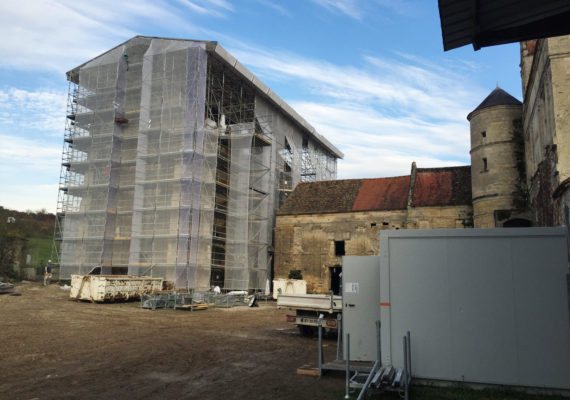A diverse set of stressors — like traumatic events, financial worries or even public speaking — can prompt panic attacks. But they can also occur unexpectedly, with no discernible trigger. Most experts define a panic attack as a sudden onset of intense fear, as opposed to a condition like general anxiety, which usually manifests as almost constant worry.
Knowing how alcohol affects anxiety may make it less tempting to have a drink to cope. Society would have us believe that there’s no better way to unwind after a long day than by drinking a glass of wine, cold beer, can alcohol cause panic attacks or sipping your go-to liquor. But trying to relax with a drink or two may not give you the long-term anxiety relief you want. Unexpected panic attacks aren’t usually linked to a specific thought, event, or stimulus.
Why Does Alcohol Cause Anxiety?
For example, exercise has been shown to have a positive psychological effect on anxiety and panic attacks. It’s all about the way patients wee themselves from an outside perspective. Physical activity can help in improving one’s self-image and also works on a neurological level, increasing levels of mood-enhancing endorphins. Addiction Resource is an educational platform for sharing and disseminating information about addiction and substance abuse recovery centers. Addiction Resource is not a healthcare provider, nor does it claim to offer sound medical advice to anyone.

If you have social anxiety or a social phobia, therapy may work best to reduce your levels of anxiety (combined with a medication such as sertraline, or Zoloft). If you’re feeling overwhelmed by your anxiety disorder, there are other ways to seek help. If you have a history of anxiety or mental disorders, make sure to share this with your healthcare provider so you know how alcohol or other substances may affect you differently. This usually happens in the context of a mental health condition like panic disorder. Alcohol has an effect on brain chemistry – it can induce panic because of its effects on GABA, a chemical in the brain that normally has a relaxing effect. Every time you drink, alcohol triggers an increase in the production of insulin.
Reduce anxiety
Contrary to popular advice, stimulants such as caffeine or sugar, or even smoking, can make both the hangover and the anxiety worse, so avoid them. Recurring or severe panic attacks can be a symptom of panic disorder. This condition affects 2–3% of people in the United States each year. With treatment, most people who experience panic attacks or have panic disorder get better. Psychotherapy, medications or a combination of both are very effective in treating panic attacks and panic disorder.
- One study found that people sometimes see 10 or more doctors before being properly diagnosed, and that only one out of four people with the disorder receive the treatment they need.
- Their mind is overloaded with worrying thoughts and fears, even of things that do not present any clear and immediate danger.
Discuss these concerns with your doctor first to see if alcohol is safe for you. Alcohol is a sedative and a depressant that affects the central nervous system. This is a natural physiological reaction to stress that quickly allows you to respond to whatever is perceived as a life threatening situation. You can also feel detached from yourself, as if you’re not connected to your own body.
Panic Disorder: Answers to your most important questions
A person’s panic attacks may often be triggered by the same things, such as enclosed spaces, crowds, or problems with money. A doctor may also describe selective serotonin reuptake inhibitors, which can help prevent panic attacks from occurring in the first place. A technique called progressive muscle relaxation is a popular method for coping with anxiety and panic attacks.
- And like we said, drinking water can keep you hydrated, which may help you avoid a pounding headache.
- That’s why it’s important to know what the symptoms are, and to make sure you get the right help.
- Because of this, a person will hold on to fear-inducing associations longer and will have a harder time recovering from trauma.
- But people who have a phobia can experience phobia-related triggers that lead to a panic attack.
They can give you an official diagnosis and ensure there’s no underlying physical cause. Most people who regularly experience panic attacks do not experience all of these symptoms, but may have many of them. A small subset of people who get panic attacks, however, have limited symptom panic attacks, in which they encounter three or fewer. For some drinkers, hangxiety—that’s hangover anxiety, for the uninitiated—is almost as reliable as the pounding headache and queasy stomach.




